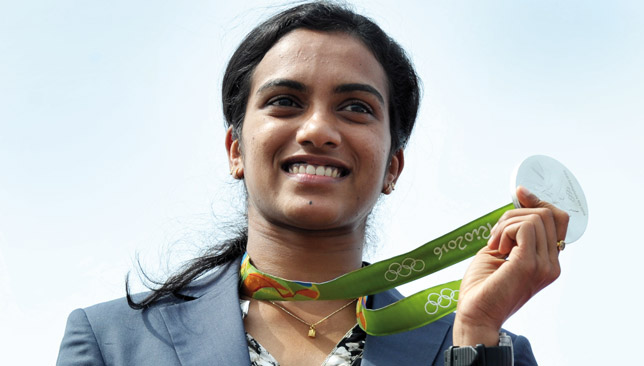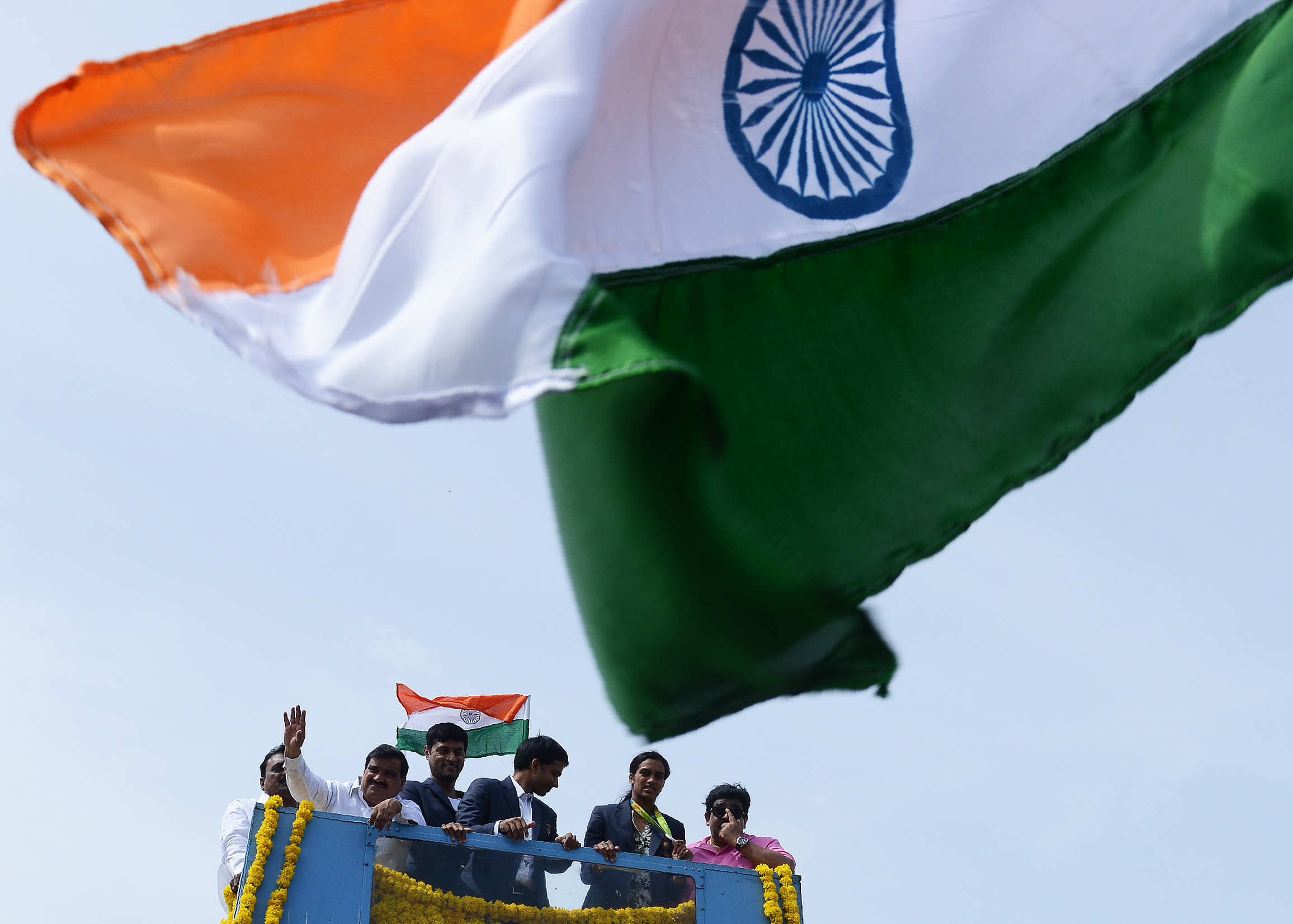
India went to the Rio Olympics with its biggest ever contingent – 119 – and carrying high hopes.
Since the 2008 Beijing Olympics, where shooter Abhinav Bindra won the country’s first individual gold, there had been a steady rise in the profile of non-cricket sports, namely shooting, badminton and wrestling.
India bagged three medals at the Beijing Games and six at London. With some of the top medal prospects in good form, it was expected that the medal tally would be closer to 10. For a country the size of India, that is a shockingly low target but given that the nation doesn’t have a strong sporting history outside of cricket and hockey, they were realistic expectations.
But the team fell short by a considerable margin. Two medals – PV Sindhu’s silver in badminton and Sakshi Malik’s bronze in 58kg freestyle – is all a country with a population of 1.2 billion bagged. And even those were surprise results and cannot make up for the failures of the main medal prospects.
Admittedly, Bindra finished fourth in the 10m air rifle finals, missing out on a medal by a whisker, while the tennis mixed doubles team of Sania Mirza and Rohan Bopanna lost the bronze medal play-off and gymnast Dipa Karmakar finished fourth in the vault finals, a surprising finish in itself. Also, badminton ace Saina Nehwal went to the Games nursing a serious knee injury, for which she underwent surgery after the Games.

But other big names like shooter Jitu Rai, who was ranked third in the world in both the 50m pistol and 10m air pistol events, doubles specialist Leander Paes, who lost in the opening round alongside Bopanna, and the men’s hockey team that lost to Belgium in a quarter-final, were unable to deliver when it mattered the most.
As difficult as it is to understand, a major country like India doesn’t have a decent sports infrastructure in place outside of cricket. Athletes, therefore, are either forced to make their own arrangements when it comes to training, like Bindra who has his own shooting range, or accept whatever meagre facilities they are provided with.
After the Games were over, reports emerged marathon runner OP Jaisha was not provided with water or refreshments by Indian officials despite the designated stations for each country. The Indian officials, in turn, said the runner had refused assistance in the first place. Irrespective of who is telling the truth, the Jaisha incident shows the inefficiency that had plagued India’s sporting establishment, which has resulted in an athlete complaining about a lack of water at the Olympics.
The results have been bad but there is no magic potion (I am not talking about performance enhancing drugs) that can ensure a massive improvement at the 2020 Olympics.
Athlete ran 42 kms in 42 degrees
— TIMES NOW (@TimesNow) August 22, 2016
India couldn't give OP Jaisha water!
Money for junket,not for water? #RioApathyRun pic.twitter.com/Pj8ovLyFXZ
If India as a country is serious about achieving sporting excellence at the biggest stage, it must draw up a comprehensive plan for tournaments in the medium and long term, invest generously in events where Indians have performed encouragingly and monitor the results without any laxity.
If you think that is too much to ask for, just look at Great Britain. At the 1996 Atlanta Olympic Games, Britain had one gold medal. They overhauled their sports funding programme, poured in money from the National Lottery and concentrated on sports that were expected to deliver medals, cutting funding to those which didn’t.
It is a ruthlessly efficient system which has seen Britain ending the Rio Games as the second most successful nation with 27 golds.
India too should realise there is no short cut to Olympic success and they need to have a clear and long-term plan, backed by substantial funding and under constant scrutiny, to become a sporting nation of repute.